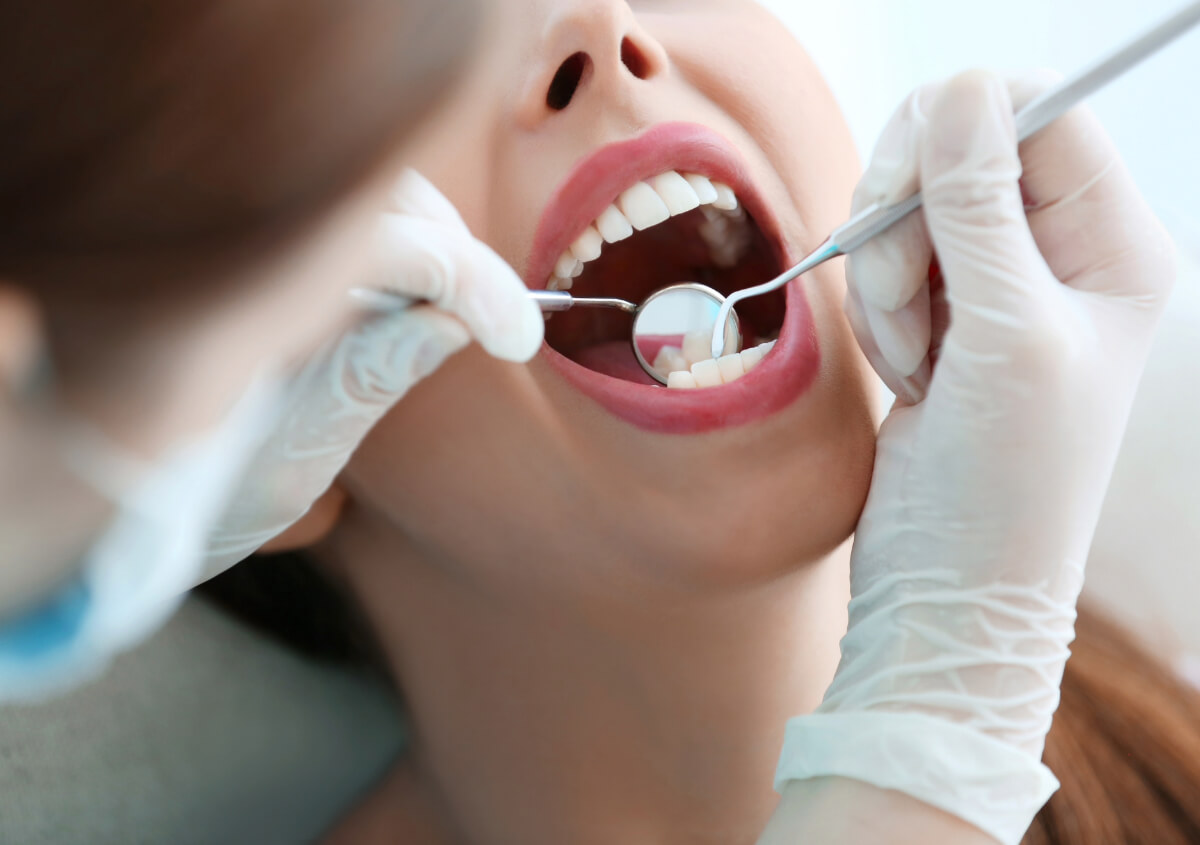How apicoectomy surgery saves even the most “troublesome” teeth in Conyers, GA

The 3% of general dentists who have successfully completed advanced training to become endodontists are most known for their nonsurgical treatment: root canal therapy. While root canal treatment has a very high record of success, standing at around 90%, not all badly damaged or badly infected teeth can be “saved” with this nonsurgical technique alone. This is where endodontists’ additional skills shine; Apicoectomy Surgery in Conyers, GA at the Conyers Endodontic Center, and specialty practices elsewhere is the most common type of surgical treatment performed by such specialists.
Here, Drs Rolin Desir, Alison St. Paul, and Candace De Veaux pull back the curtain on this little-known way to keep your natural teeth looking, feeling, and going strong – and there is no artificial tooth that performs like your natural ones!
Apicoectomy an introduction
Also known as root-end surgery or root-end resection, this procedure is performed on numbed tissues to access the underlying bone and remove the end of the affected root alongside inflamed and infected tissue. Afterward, Drs Desir, St. Paul, or De Veaux encourage healthy and speedy healing by sealing off the end of the root canal with either a tiny filling or a few sutures. The bone eventually heals naturally around the treated root area.
Why an apicoectomy may be just what the specialist orders
Patients may be referred to us for an apicoectomy when nonsurgical root canal therapy is not sufficient to “save” the tooth. During this microsurgical procedure, your doctor may find tiny fractures or “hidden” canals that were lurking but previously went undetected during the first treatment. These additional complexities can affect treatment outcomes. Likewise, during this surgical counterpart to root canal therapy, calcium deposits or damaged root surfaces may be detected on root canals and neighboring bone. These situations must all be addressed.
A telltale sign that you may be a candidate for apicoectomy is lingering inflammation and infection following nonsurgical root canal treatment. Our patients have a great deal of confidence in us. Should the initial treatment not “take,” they know there are other options to resolve inflammation and infection once and for all, ultimately restoring the health and integrity of the tooth. As specialists, we can also determine the best course of action from the get-go, based on our wealth of accurate, in-house diagnostic information.
As with other types of root canal procedures, apicoectomy is well-tolerated. Most of the Conyers Endodontic Center patients get back to their regular activities the next day, and they don’t feel anything during treatment due to our advanced technologies and techniques to maximize comfort and minimize the risk of side effects. Our specialists are also happy to discuss sedative options before treatment. Call (470) 486-6025 to schedule your visit at the Conyers, GA office, serving Covington, Loganville, Lithonia, Snellville, and throughout southeast ATL.
FAQs
A surgical procedure performed to remove the tip of the tooth’s root when there is an infection at the end of the root. The objective of this procedure is to remove the infected tissue and cleanse the area around the root so that proper healing can occur.
You might need this procedure if:
- Initial root canal therapy failed to treat the infection.
- The end of the tooth’s root is infected.
- The surrounding bone is damaged or diseased.
Your endodontist will make an incision in the gum tissue around the affected tooth to expose the bone and remove damaged and inflamed tissue around the end of the root tip through this incision. Then, he will place a root-end filling to prevent the tooth root from getting reinfected. The gums will be stitched to complete the procedure.
There may be some swelling and discomfort and numbness in your teeth and gums for a few days, which is quite normal. You should take care of your mouth during this period with regular brushing and flossing and avoid hard, crunchy, and sticky foods. Take antibiotics and/or anti-inflammatory medication as prescribed by your physician.
Most patients can return to work or resume normal activities the next day. Discuss this issue with your physician at Conyers Endodontic Center before you go ahead with treatment.










